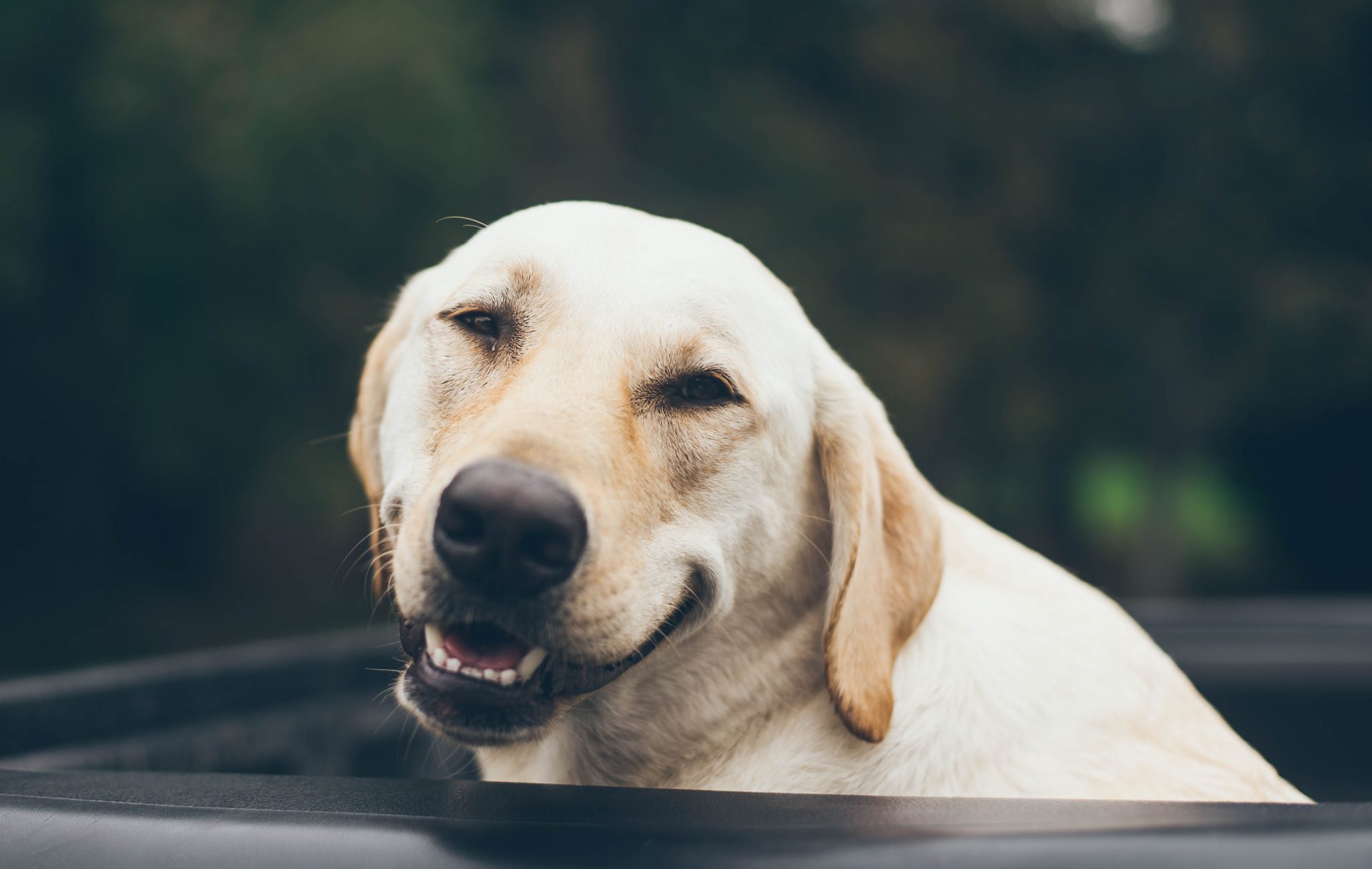I don’t want to shatter anyone’s long-term views, but the ” one human year is equal to seven dog years” is just a myth that is traceable back to the 13th century. But, as we get to the age of 55, 60, 65 and much older- it’s likely that somewhere along the way dog owners are going to be dealing with the health and hopeful longevity of a senior adult dog.
Two weeks ago, our 11 year old Maltipoo started having respiratory distress – of course, at night, on a weekend when nothing is open except the extravagantly high cost, after hours emergency VET clinics. So there we went. The cost to treat her started at $175.00 and I thought, well ok, if it will save her life
Bottom line – 24 hours later many tests, procedures, injections, medications and several decisions along the way – $2,000. I need to sell my back yard.

Photo by Daniel Cano on Unsplash
To keep your aging dog as healthy as possible, here are some tips that are commonly spoken of.
- Regular checkups – even if there are no symptoms. Twice a year is good.
- High Quality Food and Diet – check with your Vet. Remember that the Senior dogs need a diet that gives them high quality protein and moderate on the fats. They may need some nutritional ingredients that aren’t quite as important to a little pup.
- Watch the weight – This goes along with # 3 but it’s important that your Senior Dog is not carrying around a lot of weight that is making his entire body work harder. Our little Pearlie was overweight so we’re trying to help her lose some fat.
- Get them moving – Once again, confer with your veterinarian, but older pets will become more and more sedentary and the inside dogs can become couch potatoes like we can. They need some movement. They don’t need a canine version of Tony’s Horton’s” P90X” or “Insanity,” but something to get the heart rate up a bit. Baby Boomer people need to be walking more anyway, so why not take our pets along if your veterinarian gives the ok, and they may very well do so.
- Watch for arthritis. Signs to watch for are if they are favoring a limb, having difficulty in sitting or standing, or seem stiff or sore. The good thing is that a good vet can give some helpful medication to alleviate much of the pain. Our Maltipoo has some arthritis that was treated for a while and her symptoms and mobility are very much better after the medication. And that, fortunately was not very expensive.

- Be proactive about parasite prevention. An older dog’s immune system can be weaker, they can be more susceptible to potential risks associated with fleas ticks, worms, and other pests. Make sure you speak to your vet about worming and flea and tick treatments.
- Don’t wait long to check with your vet if something doesn’t seem normal with your dog. When a concern arises about a potential health problem with your dog, don’t put off that call to the vet very long. On a few occasions I had noticed what sounded like a cough in our dog, Pearlie, for a week or so before her distress. I thought it was nothing. I was wrong and almost waited too long.
- Provided they are healthy enough, you CAN teach an old dog new tricks. So enjoy your pet. Give them new toys. Play with them. Here is an inexpensive, but top selling kit for that purpose.
Take care of those Baby Boomer Dogs as we grow old together!
Brian Sloan

